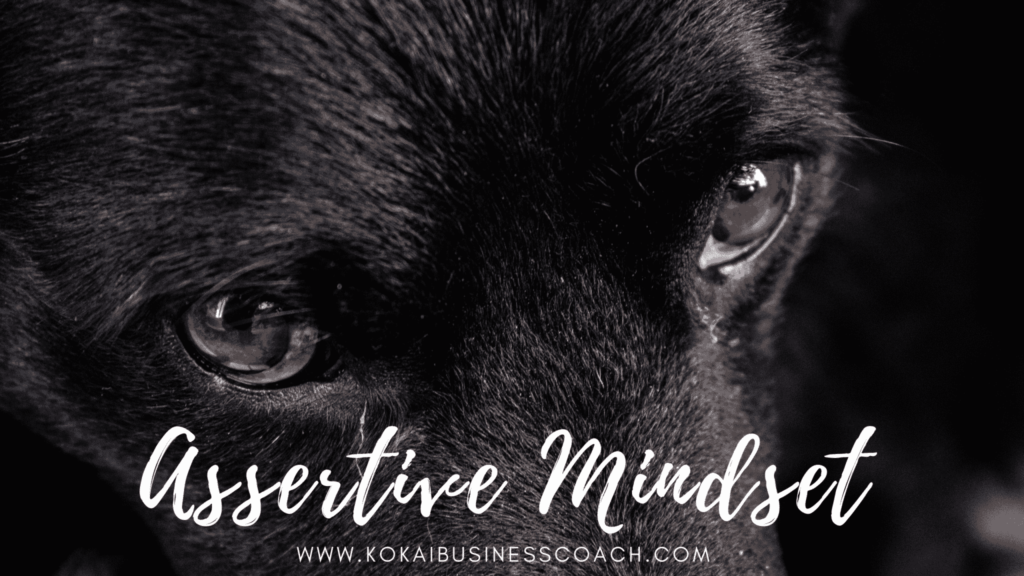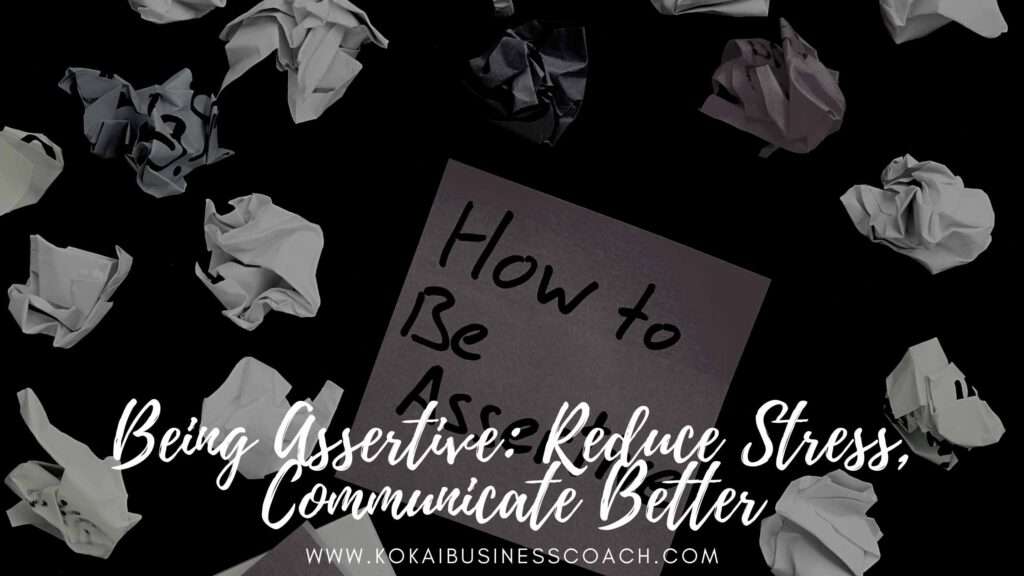What does the assertive communication training offer to you?
Do you feel uncomfortable or anxious to confront people?
Do you have a hard time saying ‘no’ ?
You ‘ramble’ around subjects and struggle to make your point?
Do you often find yourself remaining silent, though you have a different opinion?
Have you recognized on yourself making people scared of you?
Have you experienced uncomfortable communication with certain type of people?
Undertaking a personalised Assertive Communication Training Program with me will empower you to:
- Recognise the passive, agressive, passive-agressive or assertive communication with your colleagues, peers or managers and develop tactics to handle such attitudes
- Enhance your reputation and increase your impact at work so that you get the promotions and pay rise
- Develop the skills to deal with difficult behaviour or underperformance in others so that you become a more effective manager
- In the assertive communication training you will develop the skills to handle criticism of your behaviour or performance at work so that you can use this information purposefully for your self-development
- Increase your confidence dealing with others on an equal basis regardless of your respective roles excersicing assertivity
- manage people of agressive communication at an ease
Enjoy more meaning, satisfaction and fulfilment at work as you’re able to express yourself more fully in your role. Assertive communication will be a strong asset for your job or your business.
The course consists of 4×90 minute sessions.
Key Points to Assertivness
To be assertive means that we’re honest with ourselves about our own values and willing to act according to them.
More specifically, assertive communication means that we’re willing and able to express our wants and feelings directly and respectfully.
Less helpful styles of communication include passive communication, aggressive communication, and passive-aggressive communication.
Being assertive can be difficult. Other people often react negatively, and we can feel afraid or uncomfortable as a result.
The benefits of assertiveness are almost too numerous to list.Some of the most important include increased self-confidence, lower anxiety and dependency, improved relationships, and less resentment toward others.
Some small ways to practice being more assertive include making decisions despite not being totally sure, saying no to unreasonable requests and tolerating the resulting discomfort, and asking for what you want—like a different table at a restaurant or another bag of peanuts on a plane flight.
Feeling guilty is not the same thing as being guilty.
Learning to tell the difference is essential because subtle guilt-tripping is the most common reason many of us have a hard time being assertive.
If you feel you need help to be more assertive and clarify your true communication style, please do not hesitate to contact me !






